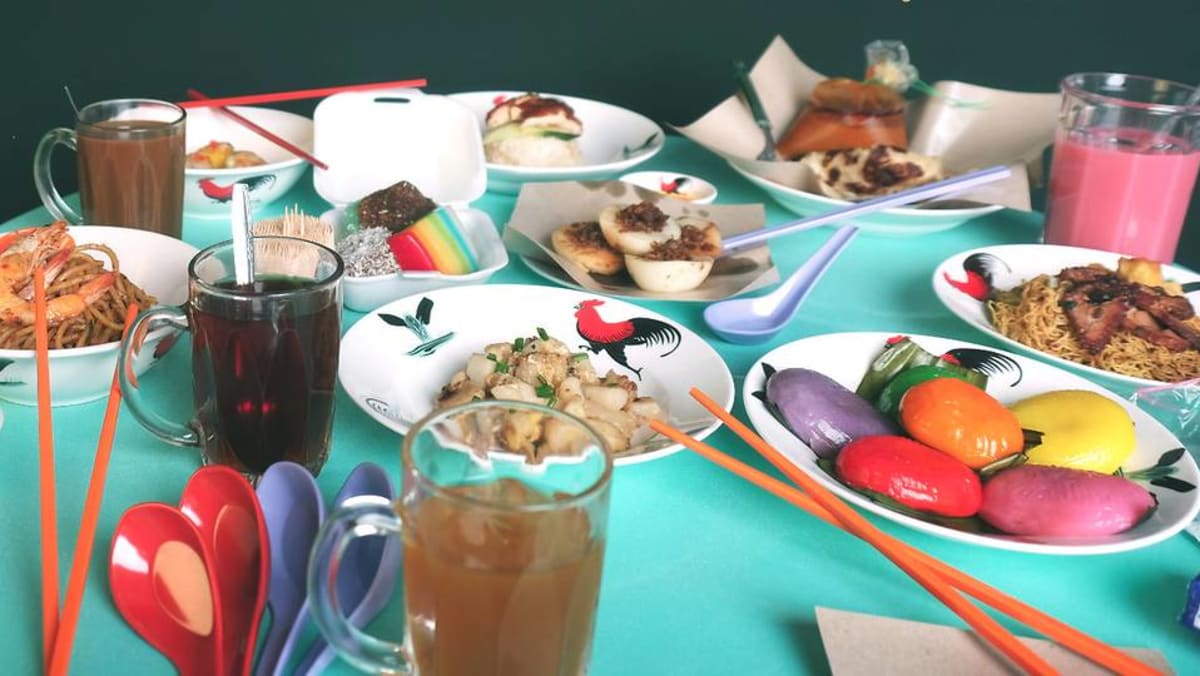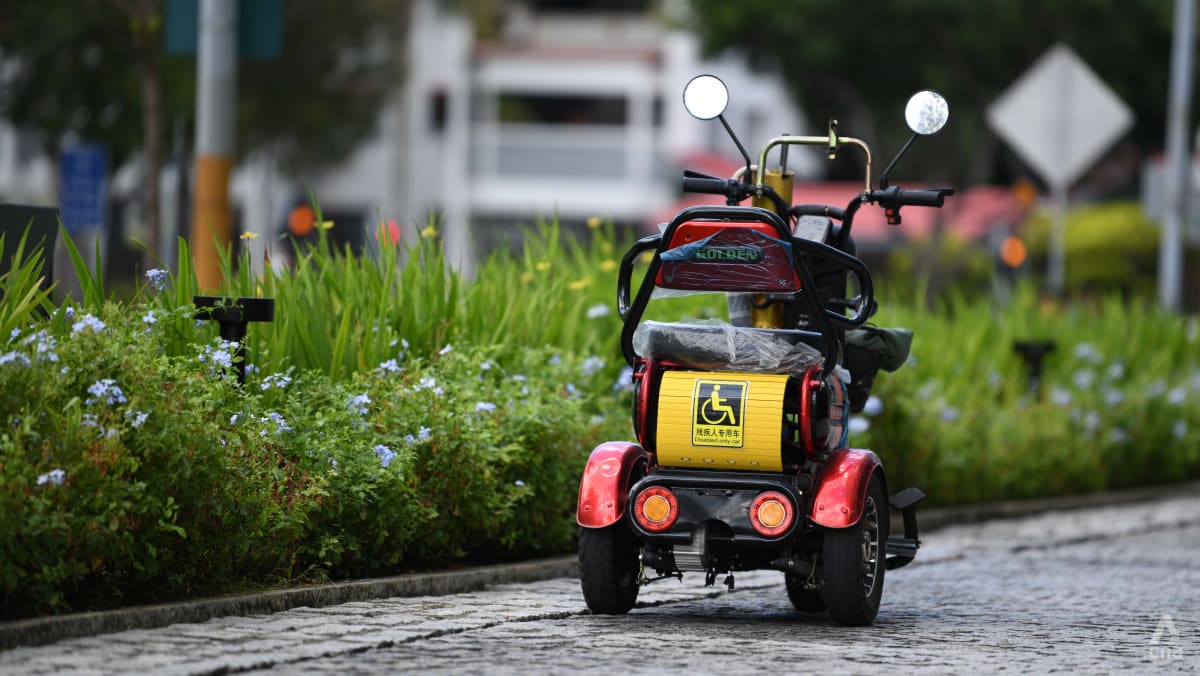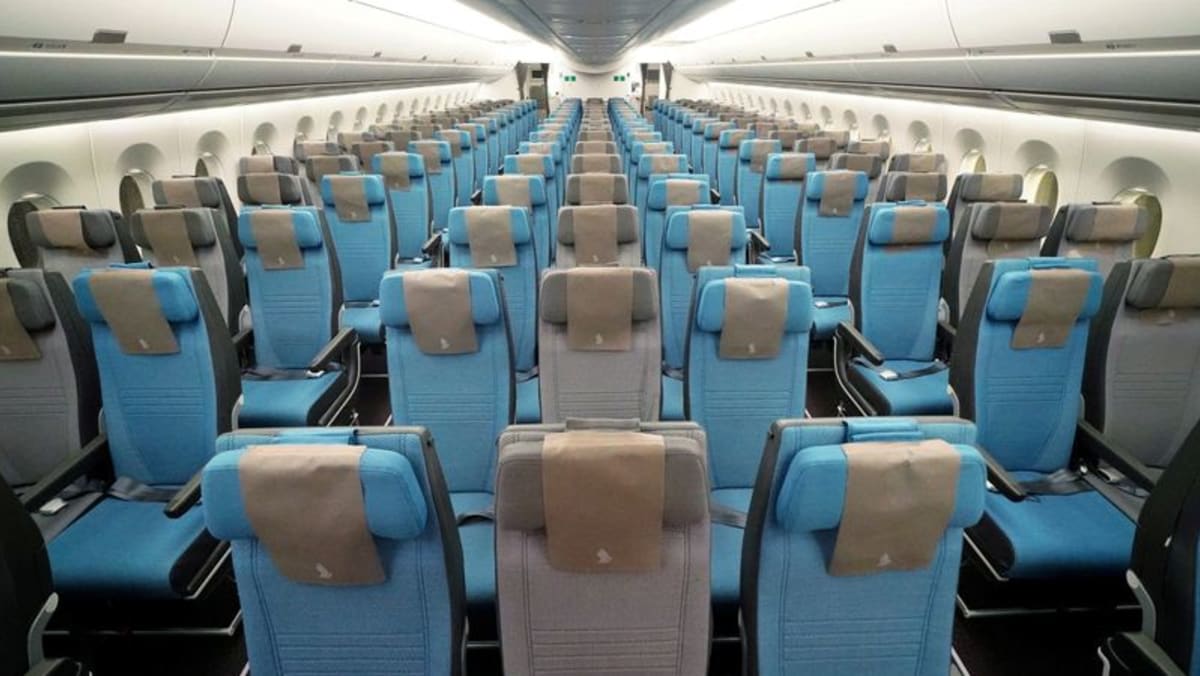ECONOMIC CONSTRAINTS AND AGEING HAWKERS
This apparent decline seems to be symptomatic of the complicated issues that plague the hawker trade as a whole.
With inflation and rental costs, hawkers are finding it increasingly difficult to operate their businesses at the prices, let alone standards, that Singaporeans expect. One hawker reported a 30 per cent decrease in sales after raising prices by S$1.
Some hawkers are tackling this problem by expanding their stalls into chains. Li Xin Teochew Fishball Noodles, for instance, started as a pushcart stall around 1968. Today, there are 18 outlets across Singapore.
While there are undoubtedly benefits to expanding the business, such as leveraging economies of scale to lower costs, there are also trade-offs.
Sean Kee Duck Rice’s Albert Sng, a second-generation hawker, shared in a 2023 interview that his stall’s beloved chilli condiment alone demands frying 100kg of chillies for up to five hours.
Expressing fears of outsiders or franchise partners cutting corners and compromising on taste, he said: “I’ll take the family recipe and bury it. I’ve received many offers before, people tell me they want to buy the stall and franchise it. But I don’t want to.”
Hawkers can teach hired hands and partners how to cook their dishes, but they can’t teach them to care.
According to the National Environment Agency (NEA), the median age of hawkers as at 2021 is 60. This statistic is worrying on two counts: This figure not only hovers close to retirement age, but is also indicative of how unpopular the hawker trade is among younger Singaporeans.
NEA’s efforts to tackle this problem have seen limited success so far – only seven veteran hawkers have enrolled in the Hawkers Succession Scheme since its launch in 2022. For context, in 2023, there were approximately 13,430 licensed hawker stalls in Singapore.
Of these seven, only two have been matched with aspiring successors. Handing over one’s lifeblood is an emotional decision for veteran hawkers. It’s often “not about the money”, says Chinatown Complex Hawker Association chair Cornelius Tan, but whether the candidate is the right person who can “let the legacy continue”.
Even hawkers who have children or younger relatives willing to succeed them face their own set of struggles, such as imparting intangible culinary skills that have become muscle memory through years of mastery. It isn’t as easy as handing someone a written recipe or writing a standard operating procedure, and poses a risk to culinary standards and customer confidence in the brand.













